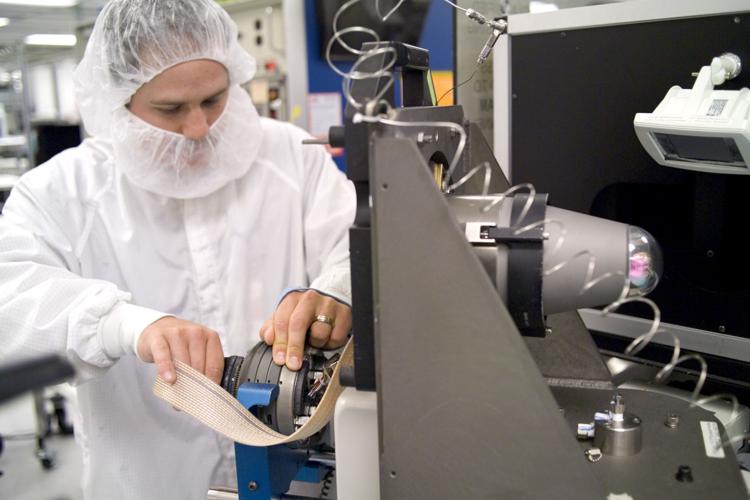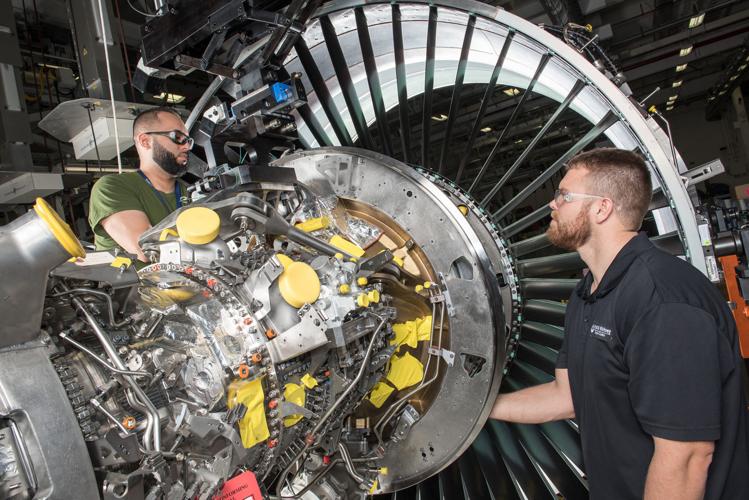Raytheon Technologies Corp. reported a second-quarter loss of nearly $4 billion in the second quarter because of one-time charges related to its April merger and plunging sales of aircraft components.
The Waltham, Massachusetts-based defense and aerospace giant reported second-quarter sales of $14.1 billion and a net loss of $3.8 billion, or $2.56 per share.
Adjusted for more than $4 billion in nonrecurring charges and acquisition adjustments, Raytheon posted earnings of $598 million, or 40 cents per share.
Raytheon Technologies was formed in April when United Technologies Corp. completed its acquisition of Raytheon Co. in a deal billed as a merger of equals.
Raytheon’s earnings beat an average estimate of 10 cents net income per share as surveyed by Zacks Investment Service, while sales also came in slightly above estimates.
Raytheon shares closed Tuesday at $61, down 9 cents, in trading on the New York Stock Exchange.
The Tucson-based Raytheon Missiles & Defense business unit reported second-quarter sales of $3.59 billion and an operating profit of $397 million, while Raytheon Intelligence and Space posted quarterly sales of $3.3 billion and an operating profit of $311 million.
But Raytheon’s two aviation-related businesses saw their sales and profits plummet as the COVID-19 pandemic curtailed air travel and airlines rushed to cut costs.
Raytheon’s Collins Aerospace division reported a 36% drop in second-quarter sales, to $4.2 billion, while posting a $317 million operating loss.
The company’s Pratt & Whitney engine division had second-quarter sales of $3.48 billion, down 32% from the same quarter in 2019, while posting a $457 million quarterly operating loss.
Military sales were up 11% at Pratt & Whitney and 10% at Collins, while Raytheon overall reported a record backlog of military orders totaling $73.1 billion.
“We continued to deliver good performance in our defense business, while we saw challenges in commercial aerospace as expected,” Raytheon Technologies CEO Greg Hayes said in a news release. “Looking ahead, we expect the pressures in commercial aerospace to persist as (aircraft manufacturer) production levels and aftermarket activity remain low.”
Hayes said the defense business “will help us weather this storm,” citing the record backlog of military orders.





